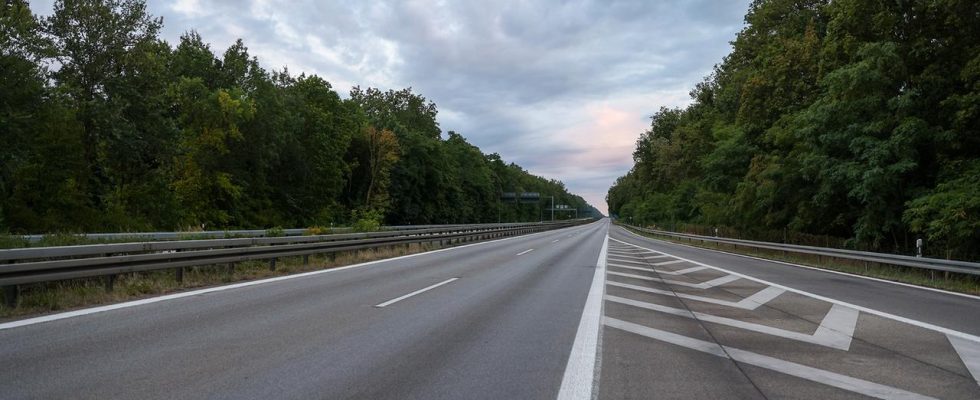comment
Transport Minister Wissing wants to use driving bans to put pressure on the traffic light partners to finally pass the new climate protection law. A brutal method. But the other side doesn’t play fair either.
A law is stuck in the Bundestag and the Federal Transport Minister is slowly losing patience. For people who speak to Volker Wissing frequently, his threat of driving bans comes as no surprise. He hasn’t understood for a long time why the new climate protection law isn’t finally passed by the Bundestag and saves him.
Wissing is repeatedly criticized because the transport sector in particular fails to meet climate protection targets year after year. Wissing says, don’t be like that: Overall, Germany is finally managing to comply with the limit values and it’s not that easy in traffic. And there he has a point.
A game with anger
After all, the transport sector is not some abstract entity haunting its ministry, but all of us. All of us who use the car every day. Wissing is playing on people’s anger and wants to build up pressure and, above all, get the Greens to finally agree to the new climate protection law. He knows full well that no one in the Green Party would dare to publicly call for driving bans.
You don’t need much imagination to imagine what would happen in Autoland Germany if the threat became reality. Wissing’s calculation: The threat of driving bans alone will put so much pressure on his environmentally conscious coalition partners that he will finally be freed from having to look at his area individually.
The other side doesn’t play fair either
Admittedly, what the Federal Transport Minister is doing here is more of a wooden hammer method. But the other side doesn’t play fair either. Environmental associations, for example, who demand that he could simply introduce the speed limit, knowing that this would only close a fraction of the C02 gap. Others say that he just needs to expand the railway more quickly, although it is clear that this would not change anything in the short term.
If the traffic light partners continue to block, Wissing will have to present an immediate program in a few months with measures that – as the name suggests – have an immediate effect. Wissing can’t do magic and the Germans don’t want to be without their car two days a week. It would therefore be advisable for the traffic light majority to finally pass the new climate protection law. The cabinet did it long ago – with the votes of the Greens, by the way.
Editorial note
Comments generally reflect the opinion of the respective author and not that of the editorial team.
Torben Ostermann, ARD Berlin, tagesschau, April 12, 2024 3:29 p.m

